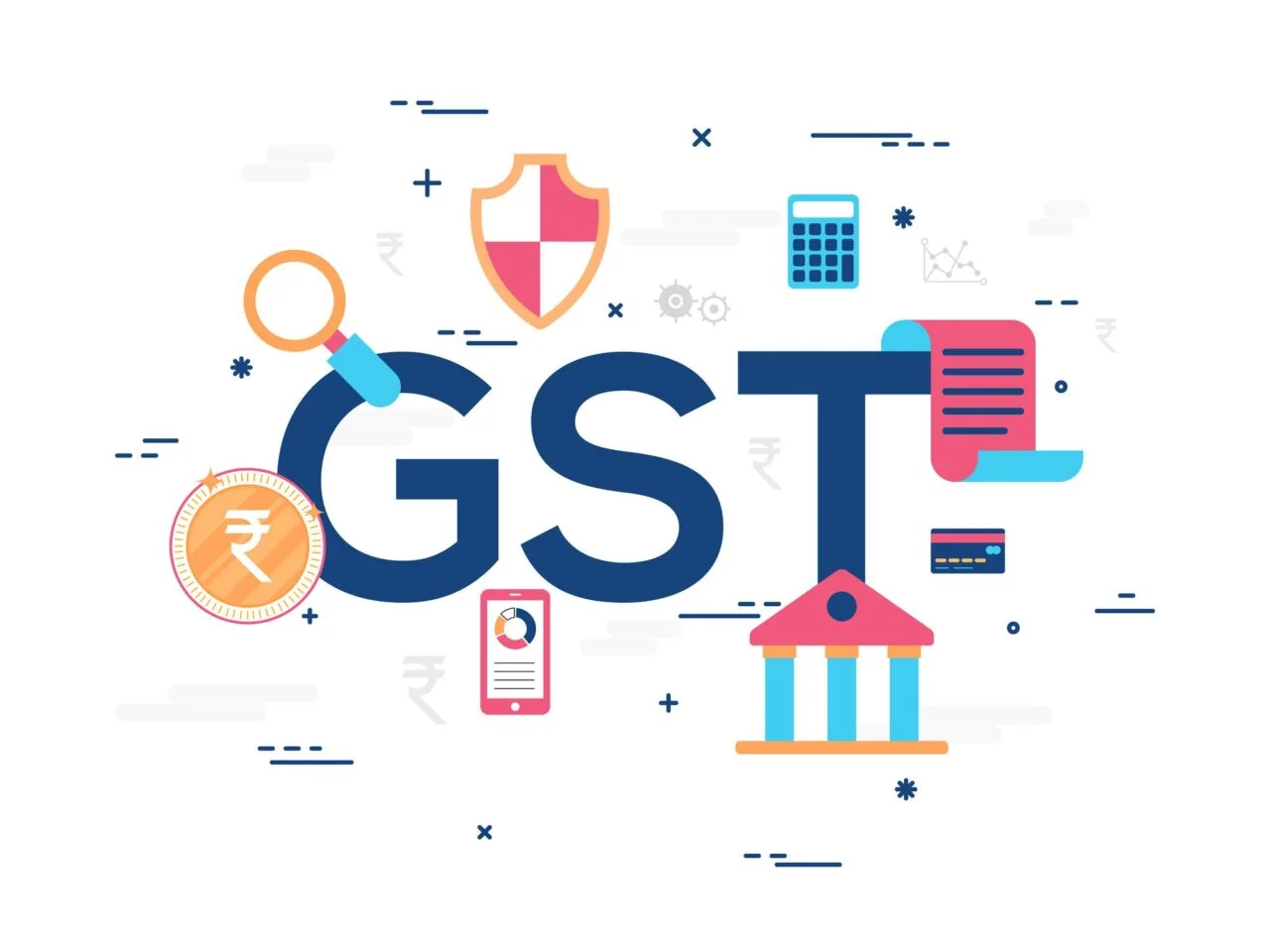GST Registration for E-commerce Businesses
GST Registration is Mandatory Registration for E – Commerce Businesses or E – Commerce Seller. Secure your business’s future with GST Registration for E-commerce Businesses. Stay compliant and avoid penalties with a smooth, hassle-free registration process. Reach out today to get started and ensure your business runs efficiently and legally!












